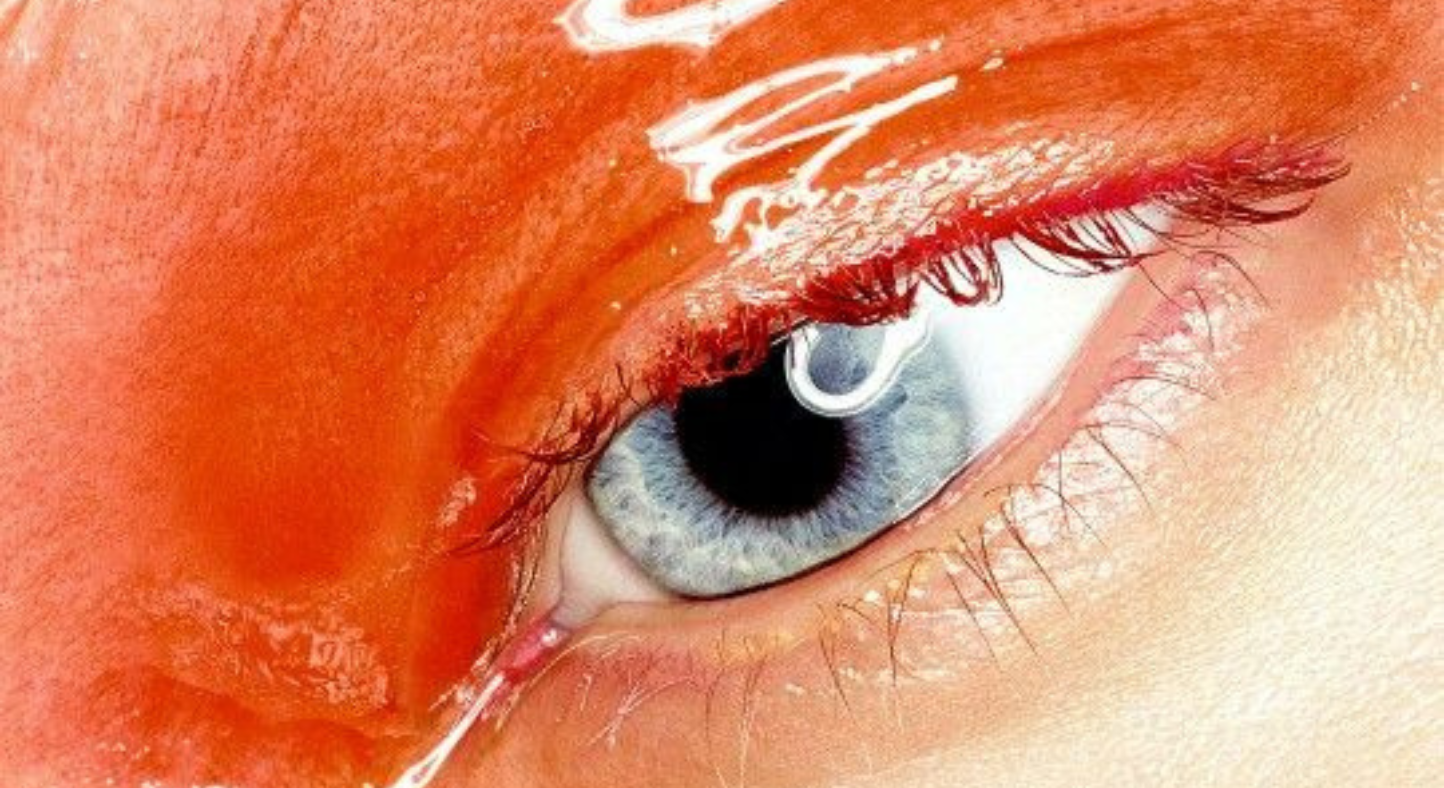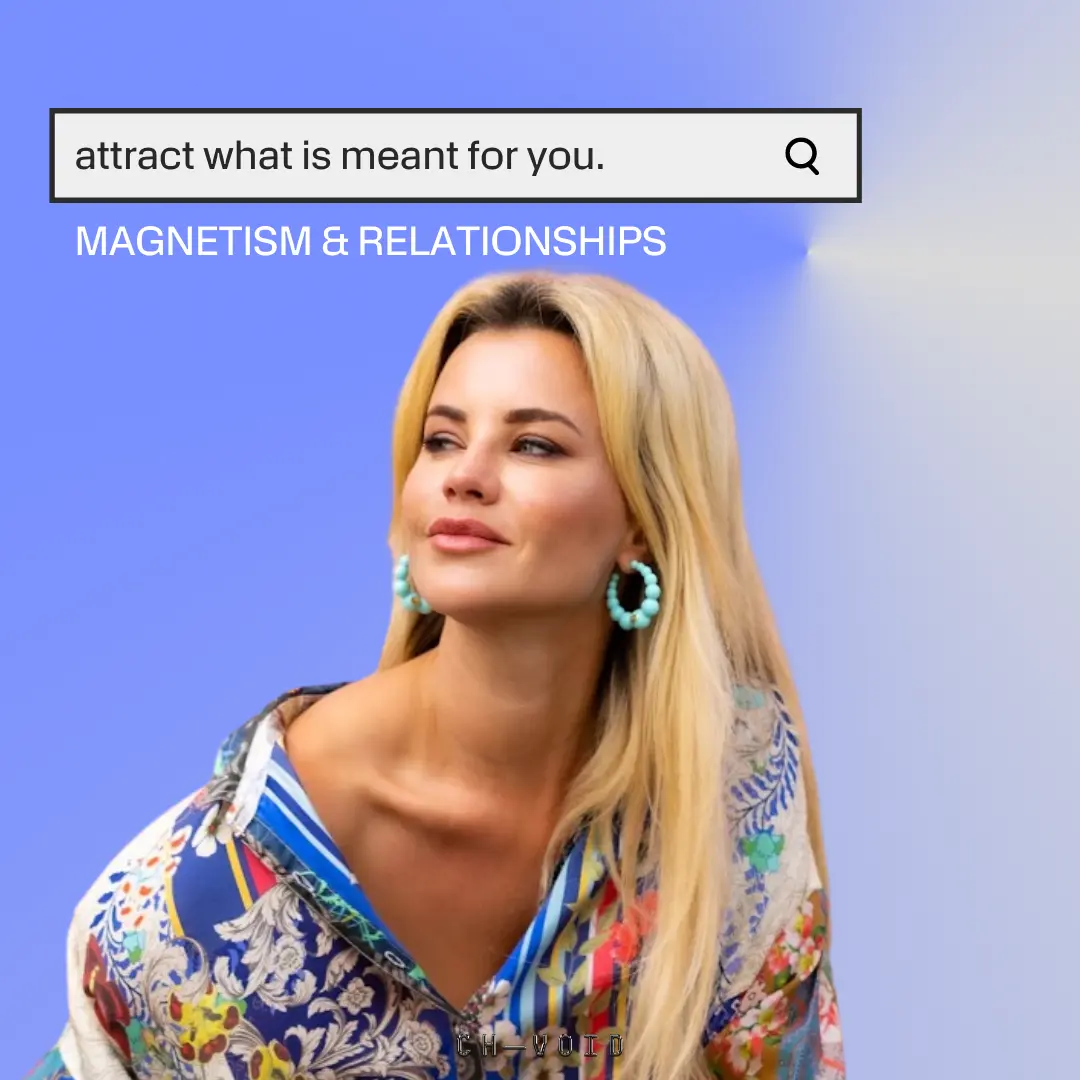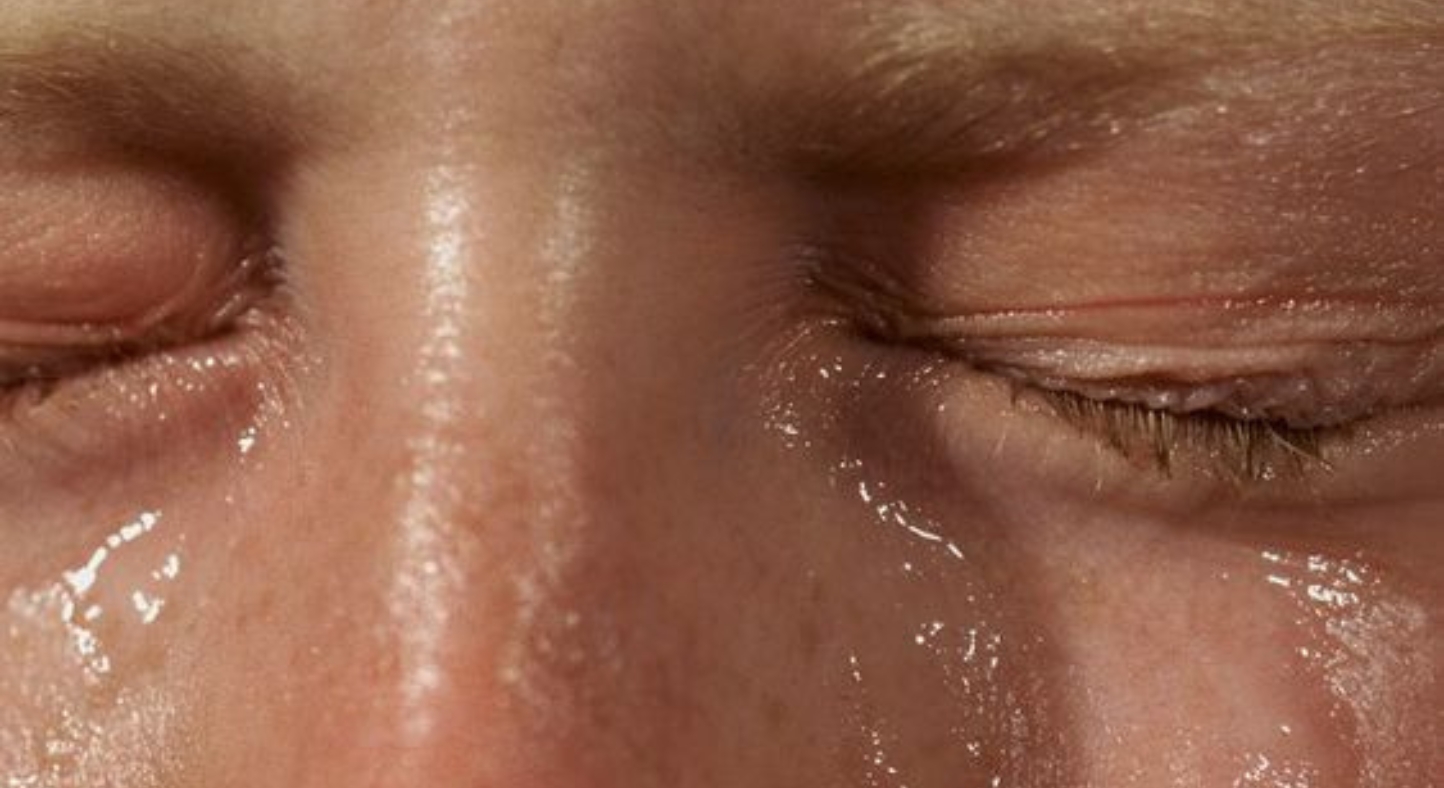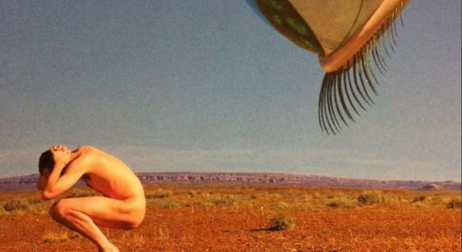How to be a better ally
Cultivating Allyship Through Conscious Efforts
Imagine a world where you are seated down for a meal with a group of friends and the wait-staff walks up to the table to say: “Hi everyone! Still, sparkling or tap, and what pronouns should I use for you today?”.
Being an ally is defined by Forbes as “any person that actively promotes and aspires to advance the culture of inclusion through intentional, positive and conscious efforts that benefit people as a whole.”
In very simplistic terms, allyship is the practice of harmony that our world desperately craves now more than ever. Whilst embodying allyship comes very naturally for some, human nuances can sometimes make digesting allyship incredibly complex, and there’s varied literature about the concept adding to the noise. In this way, our personal journey towards allyship is part of a great collective awakening, but like attending a funeral, facilitates a dualistic reckoning of abandoning personal comfort to acknowledge shared pain.
Though one of the most common forms of resistance to doing allyship work is the claim that the world has become overly obsessed with being politically correct, true allyship represents a felt movement towards safer spaces that encourage play, creativity and joy. As legendary intersectional author bell hooks says in her possibility-opening book All About Love, “The widespread assumption that ethical behavior takes the fun out of life is false. In actuality, living ethically ensures that relationships in our lives, including encounters with strangers, nurture our spiritual growth.”
Knowing that our incoming reality relies on our ability to dream beyond what exists, here are 4 of our own personal realisations about allyship.
WE HAVE ALL BEEN WRONG, RECONCILIATION IS POSSIBLE.
Using a quote from Forbes about allyship to open this artcile might seem like a contradictory move, given that for a lot of us, Forbes is a fore-bearer of the kind of capitalist celebration that we are hoping to dismantle in this lifetime. Their interest in allyship might come as too little too late for some, but to me, it epitomises the changing paradigm we are feeling the discomfort of.
In the past few years we have seen just how quickly brands can be publicly “cancelled” by ignorance to intersectionality. Think *DollsKill* failing to engage in sensitive conversation about the Black Lives Matter movement. It highlighted some of the drastic gaps in human awareness that we suffer from in plain sight. At the moment, a brand selling and marketing clothing are rarely concerned with issues of people of colour. But that doesn’t mean it needs to stay that way.
Regardless of our very human ability to make moral judgements, it is critical we use precious emotional energy to generate solutions to issues rather than adding our own criticisms into the swamp-ified landscape. Instead of demanding something to be cancelled, can we hold a conversation about how it can be mended or improved?
In the example of DollsKill, instead of being burnt to the ground, the fast-fashion company were able to donate $100k to the National Association for the Advancement of Coloured People. They also were called to reinvigorate their process of buying and selling merchandise to include $1 million worth of black-owned brands in their clothing range. In our quest for allyship, these are the sorts of actions we can call brands to invest in, rather than just yelling “die!”.
DISMANTLING PERSONAL SHAME IS PART OF ALLEVIATING OTHER’S SHAME.
We must remember that as consumers, there will always be blood on our hands because of the way our current world is structured. It’s important to acknowledge that this reality is beyond unideal and the only way forward is to continue to highlight the issues we face, and invest in new realities. We know we are a few worlds away from a world where pronouns are part of public dining experiences. But these realities are not possible in a world where we allow violent discourse or criticism to ensue around missteps.
Acknowledging that we’ve done wrong by others, whether intentional or not, can be hard. There are times when despite our best efforts, we slip up. Part of changing the status quo involves us feeling safe to be a beginner, and to be in the vulnerable stage of learning something for the first time.
Although it can be tempting to slip into victimhood, when the past catches up with you, it’s important to recognise that it means opportunity is knocking on your door. By allowing shame and fear to rule our mental state, we are not able to support anyone as an ally, because we are either driven to inaction, or we centre ourselves in the conversation. When we are obsessed with our own personal shame stories, we aren’t really open to listening to those around us who need us. As world-renowned thought leader Louise Hay says: “resentment, criticism and guilt are the most damaging patterns”.
Remember, every single human has been reared under the same oppressive systems, so unlearning and relearning is a collective experience. You may have heard the term “decentering the self”, particularly in conversations about allyship. All it really means is making space for others. It looks like asking questions and listening to the answers rather than deciding you already know. It also looks like celebrating other perspectives. As activist Jaiya John says: “We can move beyond transactional, predatory compliment culture out into the bright healing fields where we nurture each other by simply saying, ‘You move me’.”
It’s where there’s less focus on creating hierarchies of right versus wrong, and listening more from a place of: “That’s really interesting!”.
BEING ACCOUNTABLE CAN LOOK LIKE CULTIVATING A DESIRE TO GROW
Keeping our ears open eagerly for when we might be able to learn more, allows us to turn experiences that feel like wrongdoings into opportunities for connection, particularly with the people who care enough about us to help us do better. Imagine what kind of world we would create if we thanked people for calling us out when we aren’t acting in alignment with a new world. Sometimes, thank-you is all that is necessary, but sometimes there is sorrow that needs to be acknowledged too. Sorry is a word that is hard to come by, but in our collective healing process, sometimes sorry is the most vulnerable acknowledgement to make. Even if we aren’t ready to respond further than a simple sorry because our emotions are overwhelming, by saying the word, we create a culture of self-acceptance and begin the process of freeing everyone from harmful cycles. Sorry says I recognise I’ve hurt you and I’m going to do better.
FILL YOUR CUP SO YOU CAN OVERFLOW
Whilst ideally we can surround ourselves with strong community who can hold us in tough times, it is not anyone’s job to comfort us when we slip up or to be responsible for educating us. Whilst we do rely on those in spaces of marginalisation to tell us where we are needed, we need to be realistic with our privilege. Often there is more we can be doing, whether it’s through reading, self-caring, attending community events or actively up-skilling. Challenge your sense of entitlement to answers, and be committed to doing the work rather than expecting results to be something you can buy or find magically. An important part of allyship is being grateful for the abundance in your life. Doing any form of self-work means figuring out what your key sustainability practices are so you have the energy to be the person you want to be.
When you are feeling depleted, you can remember your connection to the elements: earth, water, fire and air. Have you had nourishing food, plenty of water and exercise. Have you taken the time to breathe and relax? This is a reminder that your energy can be weaponised against others if you are not conscious of it. This is your invitation to grow in your awareness of your contribution to the safety of others.





















